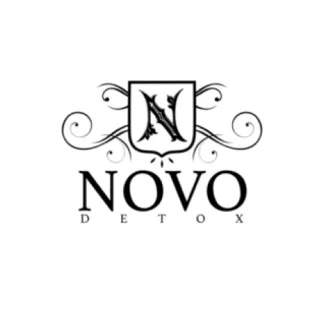Breathe Life Healing Centers
Breathe is dedicated to outstanding trauma-informed clinical care to each client...
Novo Detox offers residential addiction and mental health treatment for individuals in Los Angeles, California. They also provide valuable community resources, including referrals, continuing care, and family support services.
Treatment at Novo Detox begins with a mental health assessment to screen for symptoms of addiction or co-occurring mental health disorders. Other services include the following:
Adults attend individual and group treatment sessions for improved coping skills, peer support, and recovery support. Sessions are held 3-4 days a week.
The withdrawal management program allows individuals to safely and comfortably detox from drugs and alcohol, after which residents are referred to an inpatient rehab or outpatient treatment program.
The inpatient programs at Novo Detox use evidence-based practices to treat substance abuse and co-occurring mental health conditions for adults ages 18 and up. Novo Detox accepts PPO, HMO insurance, and private pay. Self-pay rates vary from $500 to $2,500 per day depending on the treatment program. You’ll want to check with your provider to verify specific coverage details, including your out-of-network benefits.
Contact us for more information: (760) 527-2882

Connect with Novo Detox by calling their admissions team directly.
(760) 527-2882 Website Get DirectionsThe Commission on Accreditation of Rehabilitation Facilities (CARF) is a non-profit organization that specifically accredits rehab organizations. Founded in 1966, CARF's, mission is to help service providers like rehab facilities maintain high standards of care.
CARF Accreditation: Yes
The Joint Commission, formerly known as JCAHO, is a nonprofit organization that accredits rehab organizations and programs. Founded in 1951, the Joint Commision's mission is to improve the quality of patient care and demonstrating the quality of patient care.
Joint Commission Accreditation: Yes
In individual therapy, a patient meets one-on-one with a trained psychologist or counselor. Therapy is a pivotal part of effective substance abuse treatment, as it often covers root causes of addiction, including challenges faced by the patient in their social, family, and work/school life.
Breathe is dedicated to outstanding trauma-informed clinical care to each client...
Synergy Sober House is a private rehab located in Los Angeles, California. Syner...
Profound Treatment, located in Woodland Hills, California, offers medical detox ...
American Private Physician Association is a private rehab located in Santa Monic...